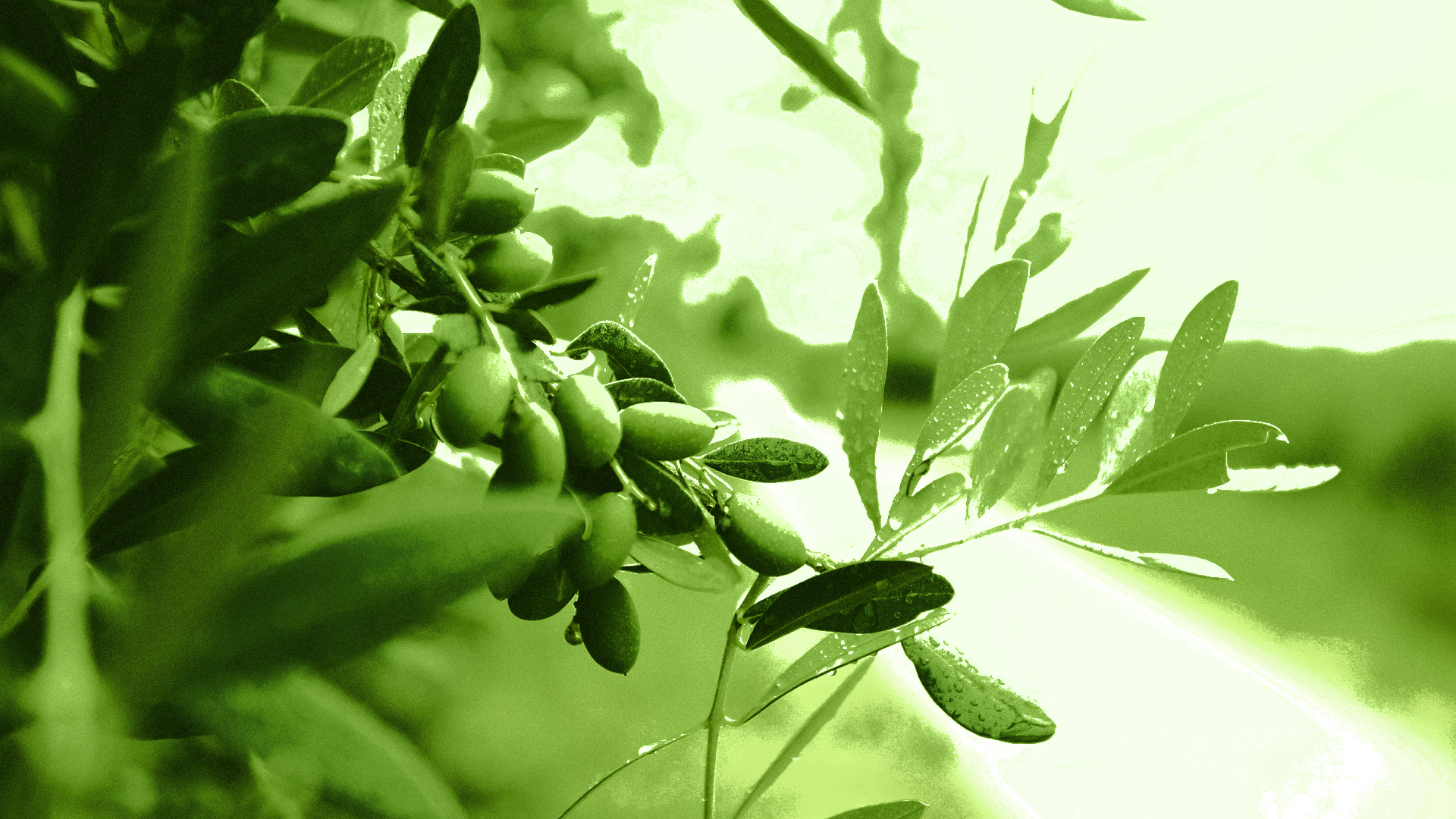Locals in Syria’s Idlib province have discovered an eco-friendly way of generating fuel and heating their homes using olive waste.
As COP26 highlighted, the burden of innovating clean power by no means falls on developing nations. But that doesn’t mean they haven’t got sustainable and affordable ideas of their own.
In Syria’s north-western Idlib province, locals have found an ingenious alternative to diesel – which is typically used to heat homes throughout the winter months – in bountiful olive trees.
We usually associate olives with the Greeks and a nice dunkable bowl of olive oil with the Italians, but you’d be forgiven for not knowing that Syria (the native land of olives) is utilising the small fruit for the biggest cause of all.
As the region recovers from a decade long war, the price of diesel has steadily risen all but forcing Syrian people to look for short-term solutions to keep the power on and stay warm. What they stumbled on, however, has the potential to be far more than just a stop gap.
A factory has opened up in the town of Armanaz where olive waste is somehow transformed into eco-friendly biomass fuel, whilst the good stuff is presumably shipped off elsewhere in barrels.
Here, the pulpy olive seed residue deemed too gross for supermarket bottles, called birin, is pressed in a special machine before being dried into cylinder shaped pellets in sunlight. Entirely free to produce, this olive fuel is churned out by the ton and is constantly revolving on a 15 day basis




















